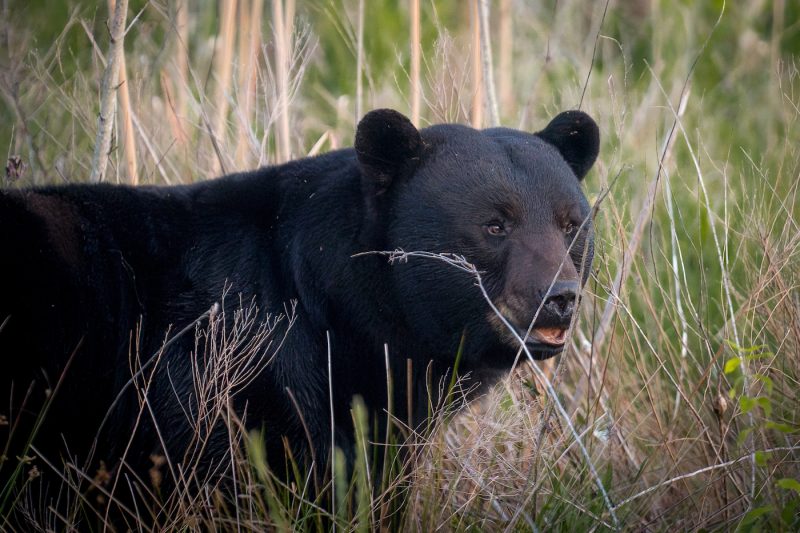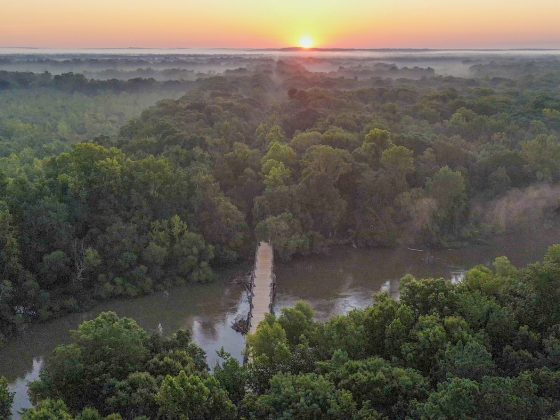North Carolina’s lush mountains and blissful beaches are home to incredible creatures. Red wolves, Atlantic Sturgeons, West Indian Manatees, and northern flying squirrels all roam the Tar Heel state. And all face endangerment. For the past eight decades, the North Carolina Wildlife Federation has made it their mission to protect the state’s impressive biodiversity. The organization pledges to protect both these animals and their homes.
Professor Ross O. Stevens founded the organization in 1945 alongside a group of like-minded conservationists, who aimed to better protect the beautiful natural world of North Carolina. This group expanded over the years into what is now known as the North Carolina Wildlife Federation.
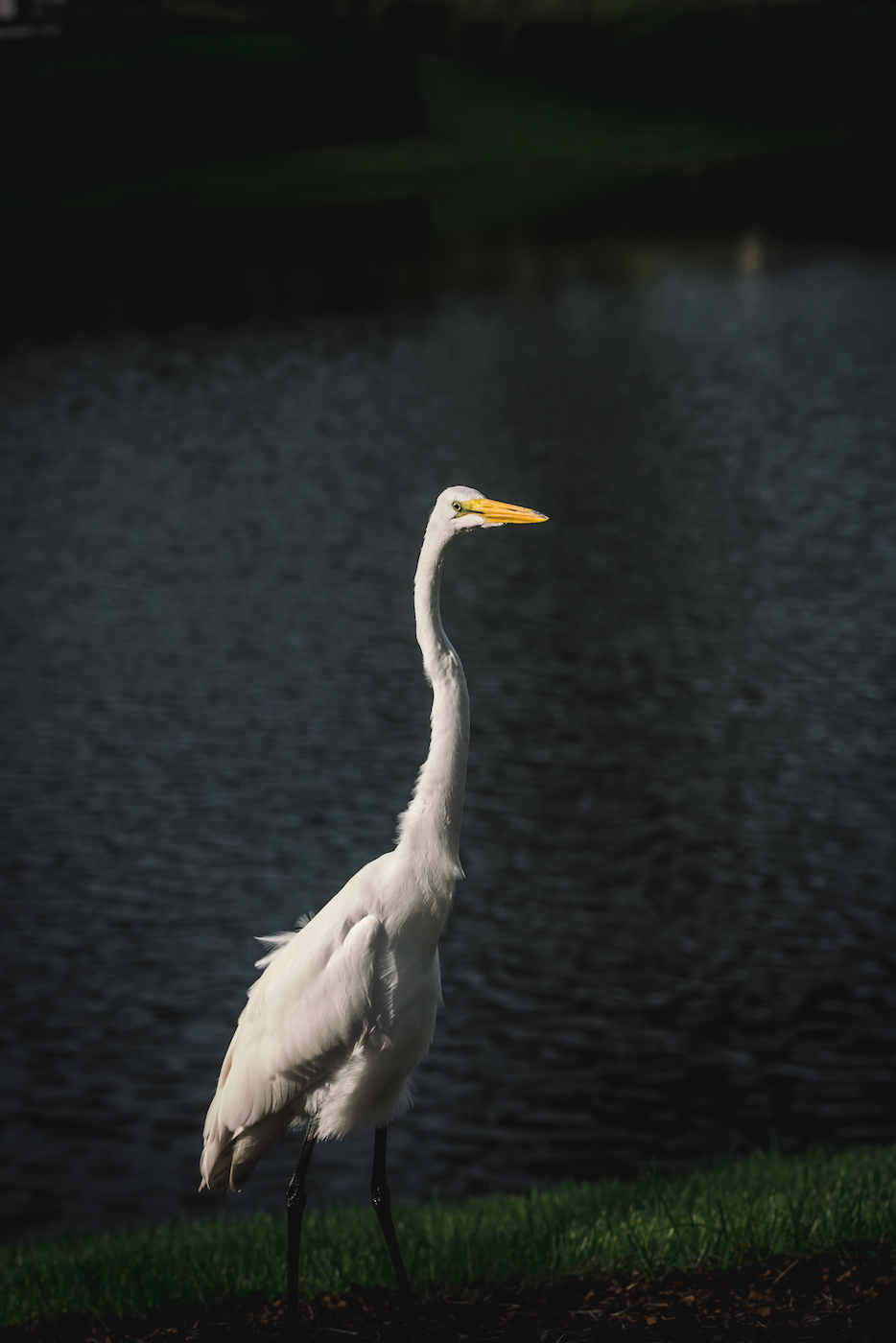
In the years that followed the NCWF’s founding, the organization established the core principles that still drive its volunteers today. The federation’s members are motivated to educate others about the joys and dazzling sights in nature. Their efforts have directly contributed to major environmental and conservation accomplishments. This includes the establishment of refuge areas and successful opposition to potentially ecologically devastating legislation. NCWF is also to thank for an astonishing 228,000 pounds of litter removed, as well as the funding of the restoration of many of North Carolina’s endangered species.
It Takes a Village to Support North Carolina Wildlife
Those who want to help in these crucial preservation efforts have a wide range of options to contribute. The North Carolina Wildlife Federation welcomes any and everyone through its wide range of exciting programs and activities, such as its Great Outdoors University. The GoU aims to help get kids outdoors and teach them the value of the nature around them. While this program not only promotes teamwork and staying active, it also shows children how important it is to protect the natural world. These efforts lead to adults who are environmentally conscious and keep the state’s wildlife healthy. Children and their families can bond over hikes, bike rides, fishing, and more at no cost.
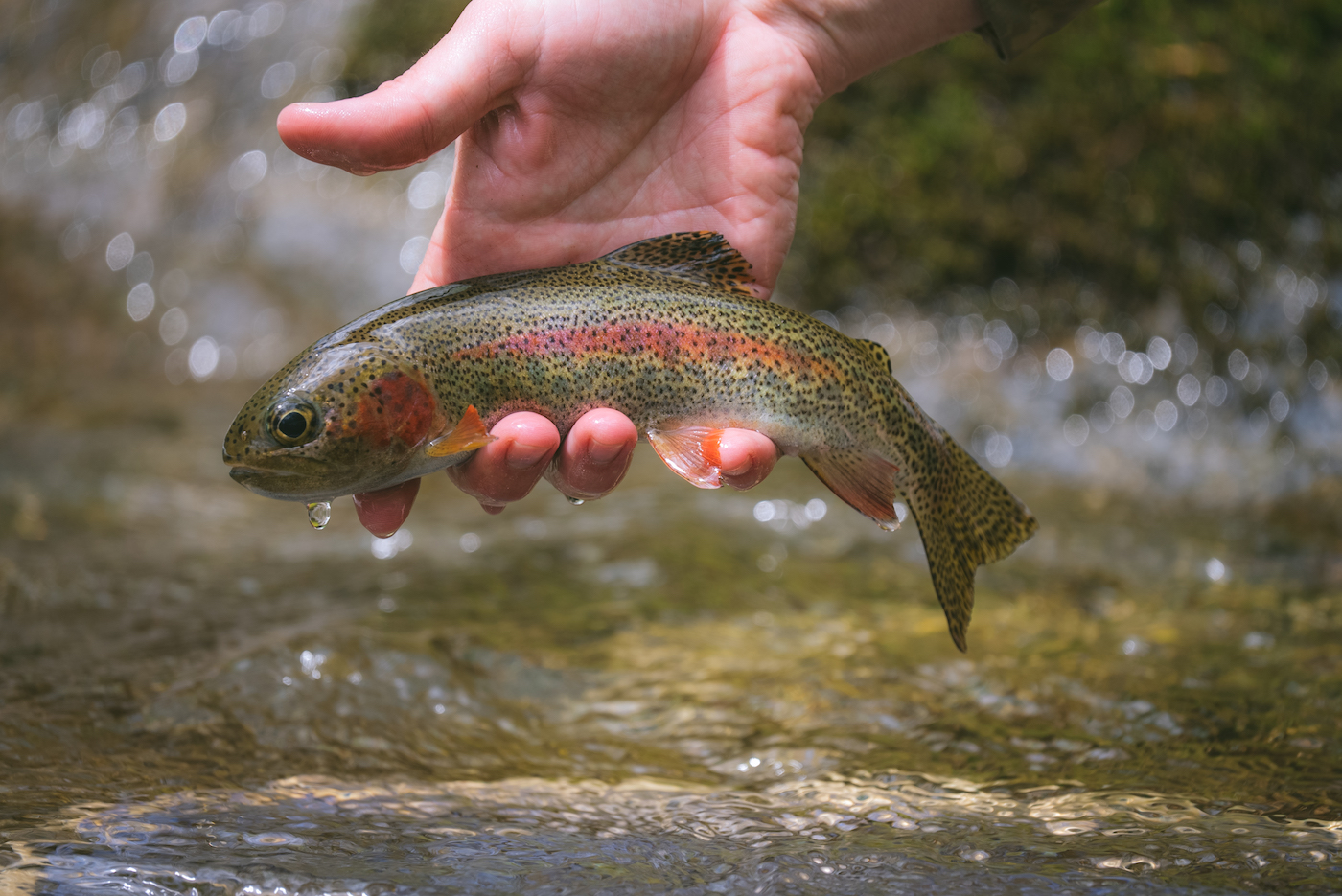
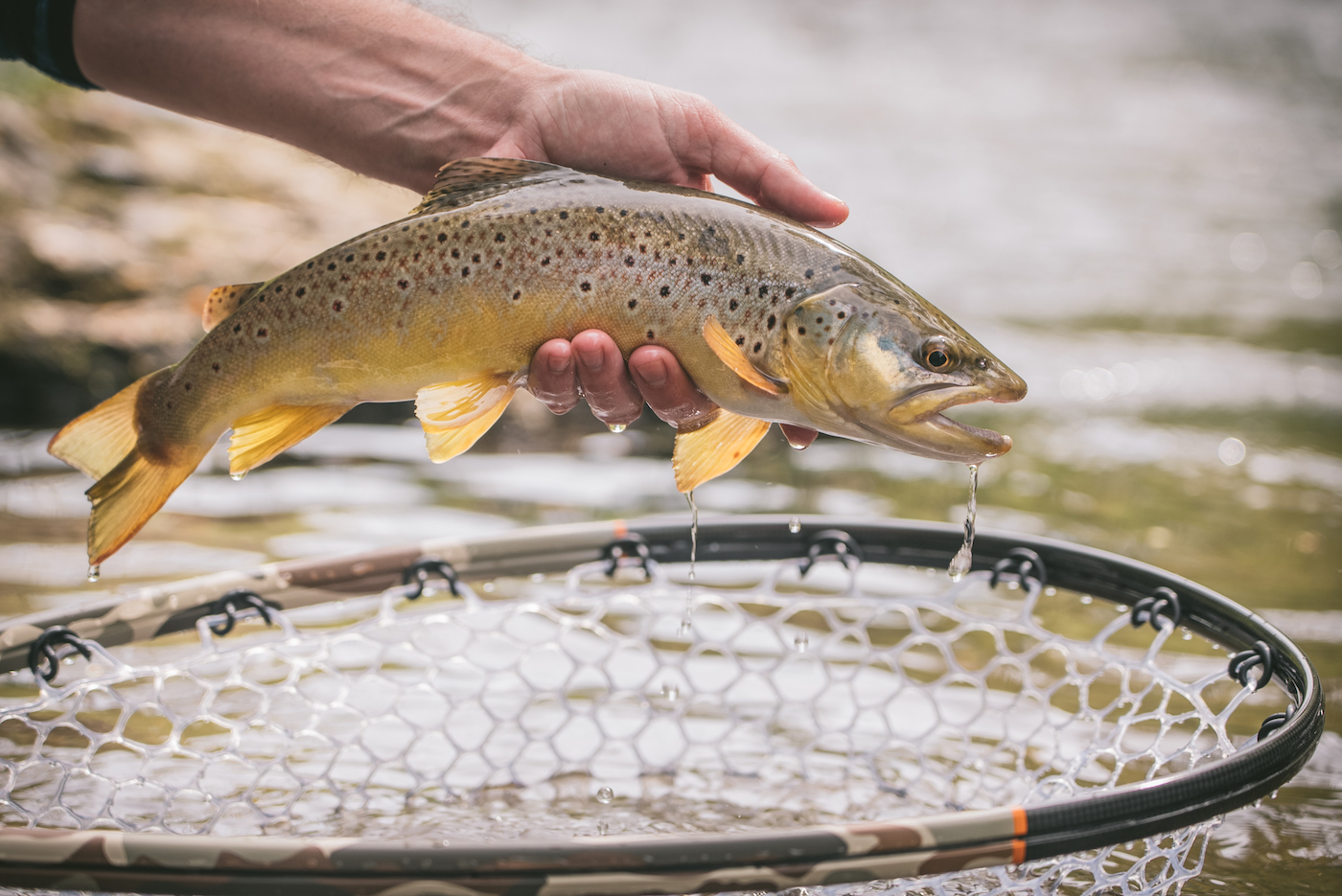
There are many more programs that volunteers can participate in, such as the Prey for the Pack program. This project encourages landowners to implement a habitat project to make their land more viable for the red wolf, a beautiful but endangered species of wolf that is only in North Carolina. Schoolyard Habitats merges classroom learning with the outdoors, and WAIT helps conserve biodiversity in commercial areas.
There are a vast number of programs to explore. But volunteers can also check the NCWF’s website for a calendar with all upcoming events for the month. These activities range from educational programs, invasive plant removals, cleanups, and so much more. The NCWF also accepts donations and offers paid memberships on its site, from which all proceeds go to wildlife conservation. No matter what or how you contribute, anything is a great help!
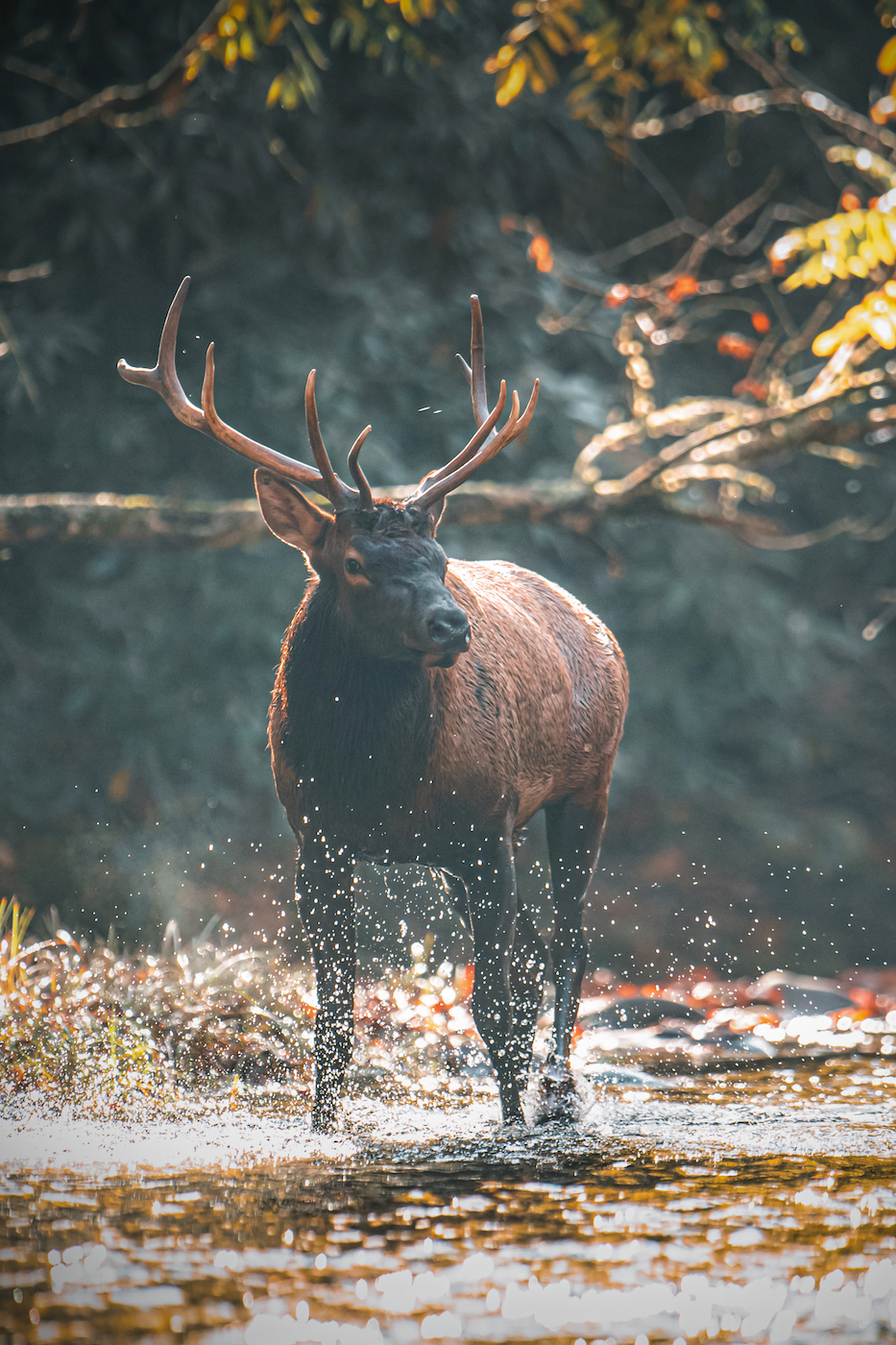
What Goes Around Comes Around
These communal efforts are vital not only to the survival of North Carolina’s wildlife, but our own as well. The federation contributes to the prevention of harmful shrimping methods that contribute to over-fishing. It also helps conserve the habitat of insects like bees and butterflies, which are essential to the pollination and survival of our own crops. The efforts of the NCWF both ensure our own well-being and give us the opportunity to bond and appreciate North Carolina’s natural beauty.


